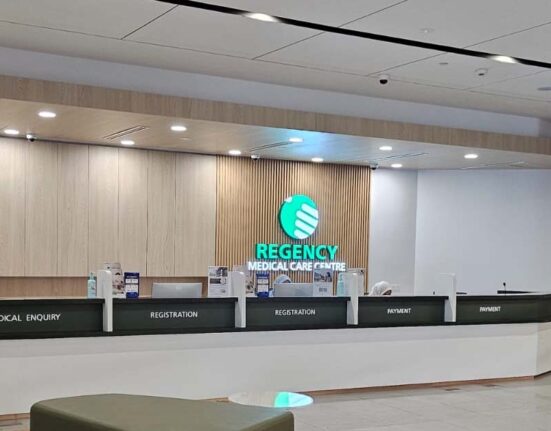Home Colorectal Cancer
Colorectal Cancer Screening
Catch It Early, Protect Your Future
Colorectal cancer is one of the top killer cancers in Singapore, often developing with few or no early symptoms. Regular colorectal screening—especially through colonoscopy—can detect precancerous polyps or early-stage cancer when it’s most treatable. Our screening resources and expert guidance help you stay informed and proactive about your colon and rectal health.
Get Colonoscopy Facts and Learn When You Should Go for a Colorectal Check-Up







